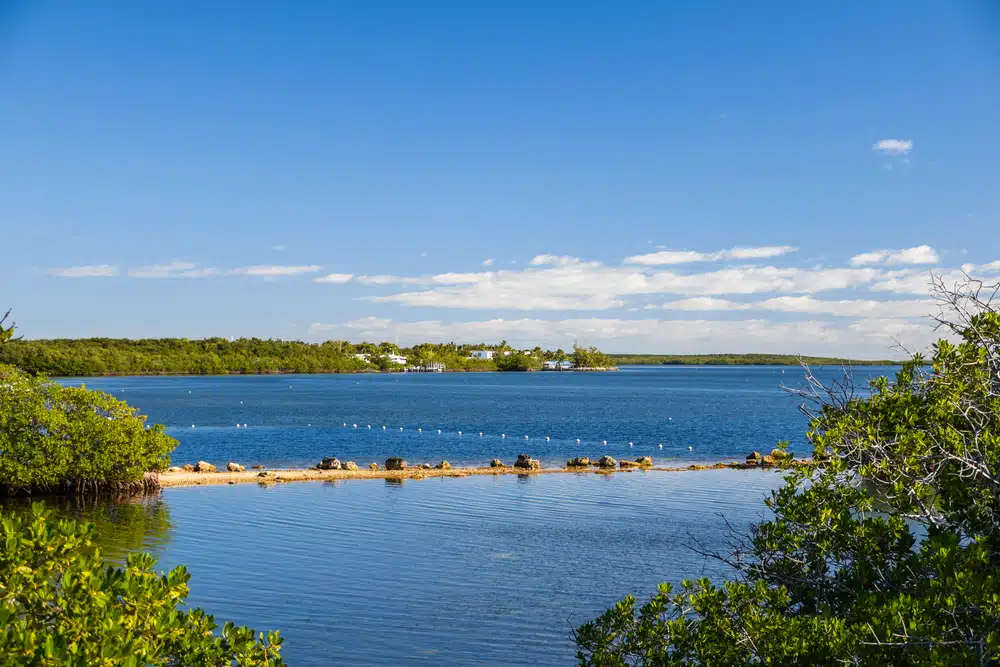In a typical year, Florida sees more than 130 million visitors, making it a challenge to secure a reservation at a state park campground, even with months of advance planning.
However, a new law is set to give Florida residents a one-month head start. Starting from January 1, residents can book a campsite at any of Florida’s state parks up to 11 months ahead of time, while nonresidents can do so up to 10 months in advance.
This law applies to cabins and sites for RV, tent, boat, and equestrian camping, but not primitive sites and glamping sites booked through third-party concessionaires.
Camping is possible at 57 of Florida’s 175 state parks, with 37 counties having at least one state park that offers camping.
During the fiscal year 2021-2022, over 32 million people visited Florida state parks, with state residents making up 61% of the overnight visitors.
However, the impact of the new rule may take some time to be felt by Floridians, as some popular campgrounds are booked solid through April 2024.
The cost of a campsite ranges from $16-$42 per night before taxes and fees, while cabins vary from $30-$160 per night.
Florida residents who are 65 or older, are disabled, or operate a licensed family foster home can get a 50% discount on the base camping fee.
Reservations can be made by calling 1-800-326-3521 or 888-433-0287 or by going to reserve.floridastateparks.org.
The state park with the most campground reservations in the past year was Anastasia State Park in St. Augustine with 16,046 reservations. The most popular booking, with over a 90% occupancy rate, is John Pennekamp Coral Reef State Park in Key Largo.
Florida’s outdoor recreation industry is a significant contributor to the state’s economy, with private campground owners and RV park operators playing a crucial role.
The state offers a wide range of outdoor recreation opportunities, from state parks to national parks, farms, vineyards, and nature preserves.
The demand for RV parks and campgrounds in Florida is on the rise. Florida is expected to see many expansions in the near future, and have at least 15 new RV resorts with over 3,700 new campsites by early next year. This development is in response to the increasing consumer demand for outdoor recreational facilities.
Florida’s outdoor recreation industry, private campground owners, and RV park operators play a significant role in the state’s economy and tourism sector.


